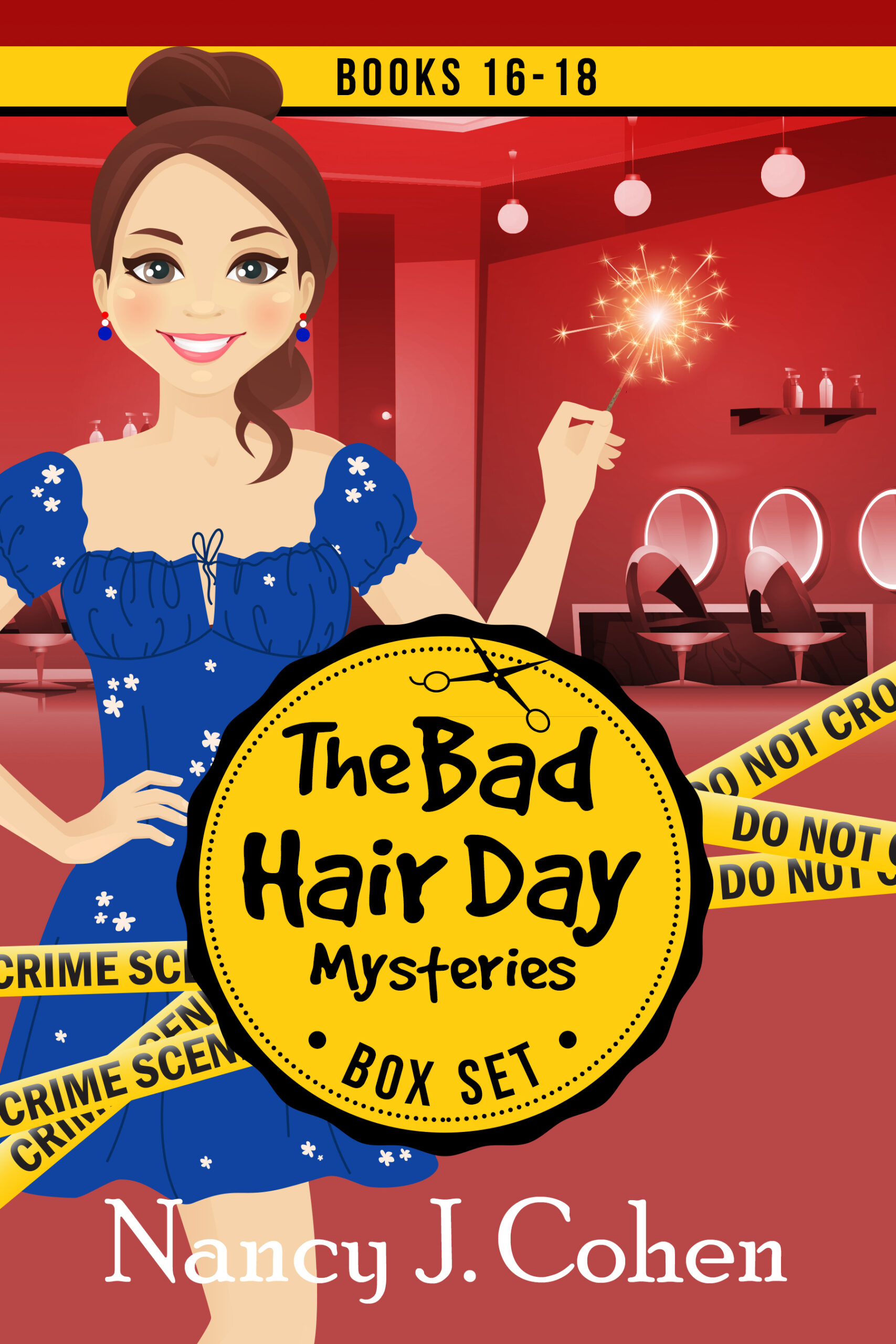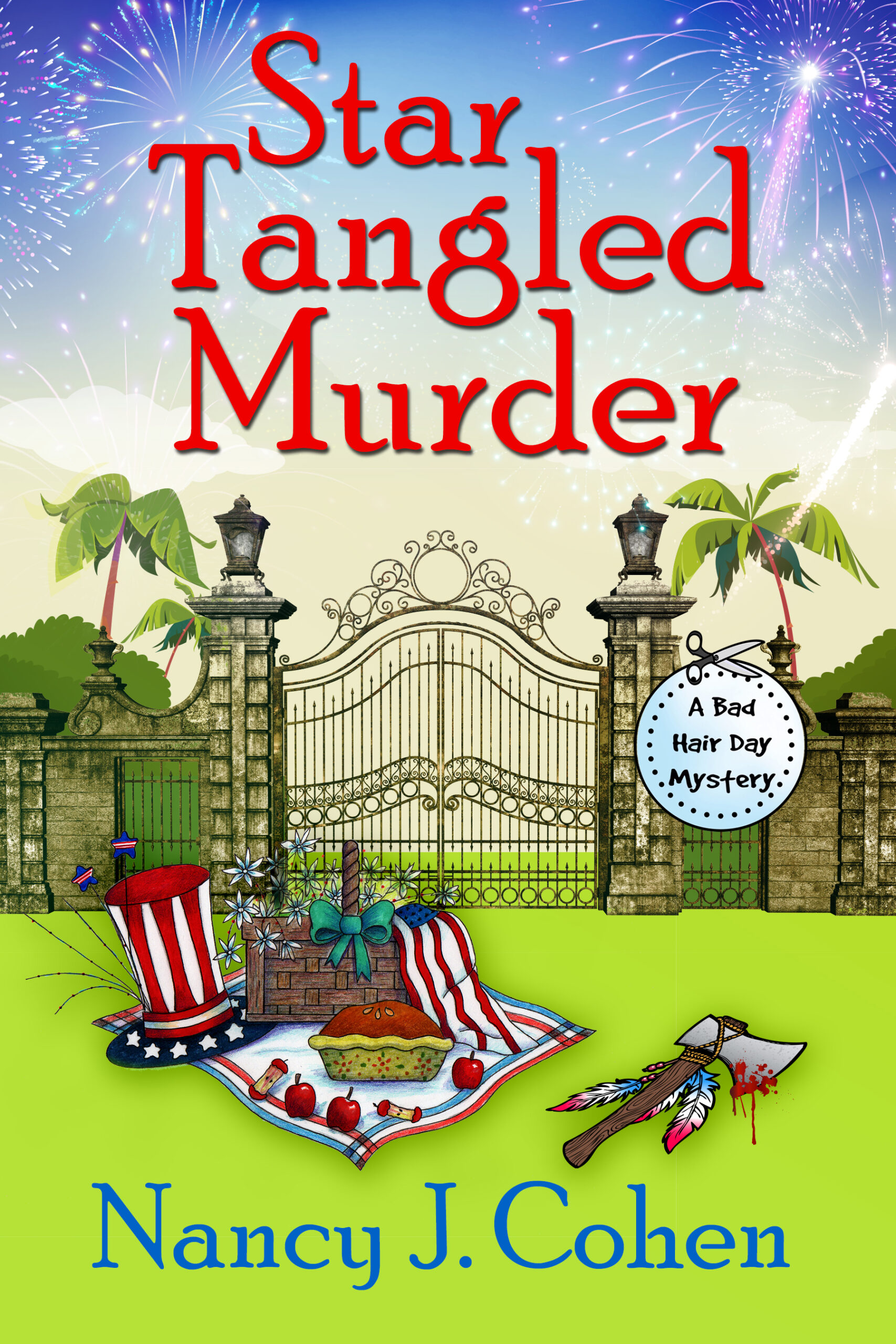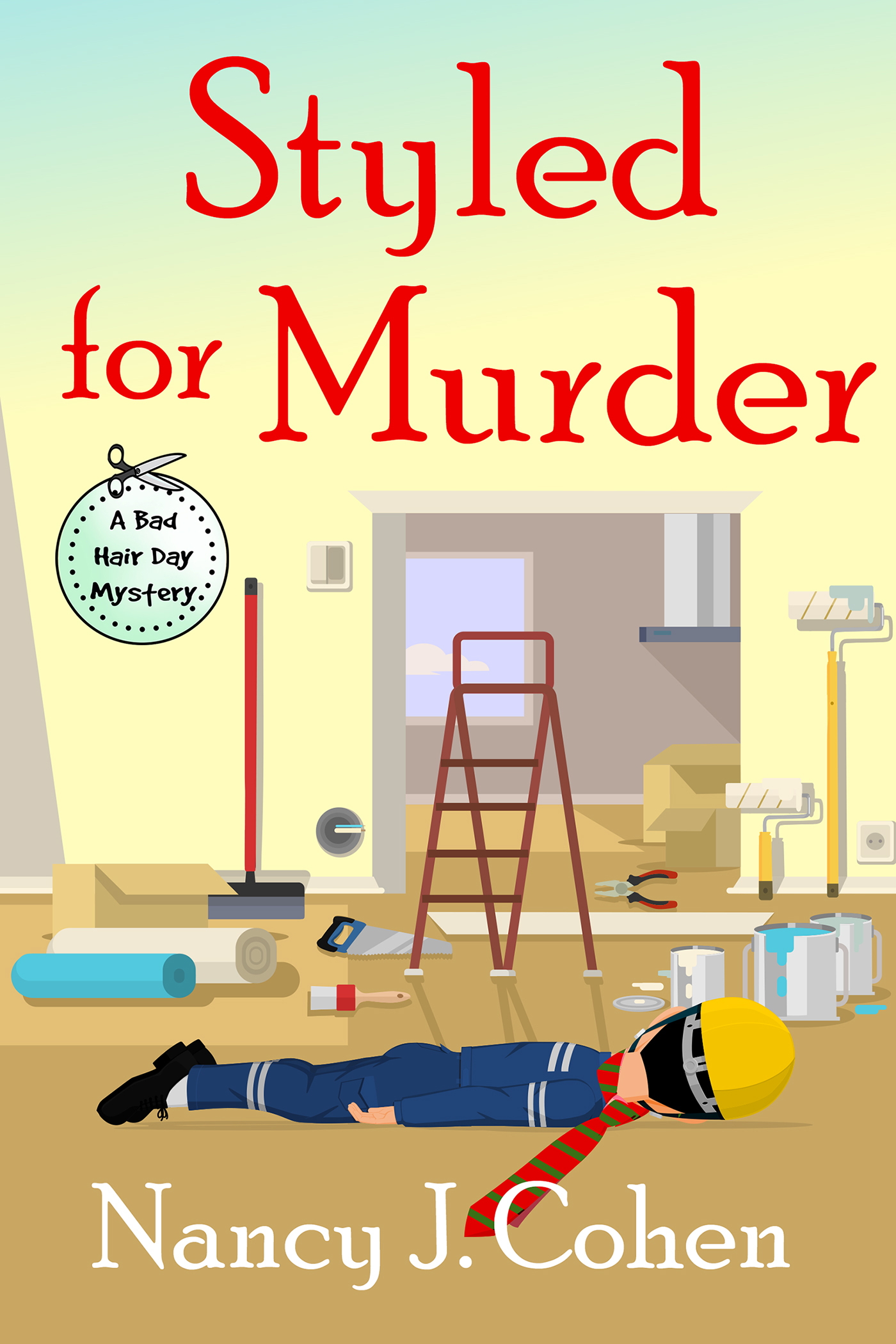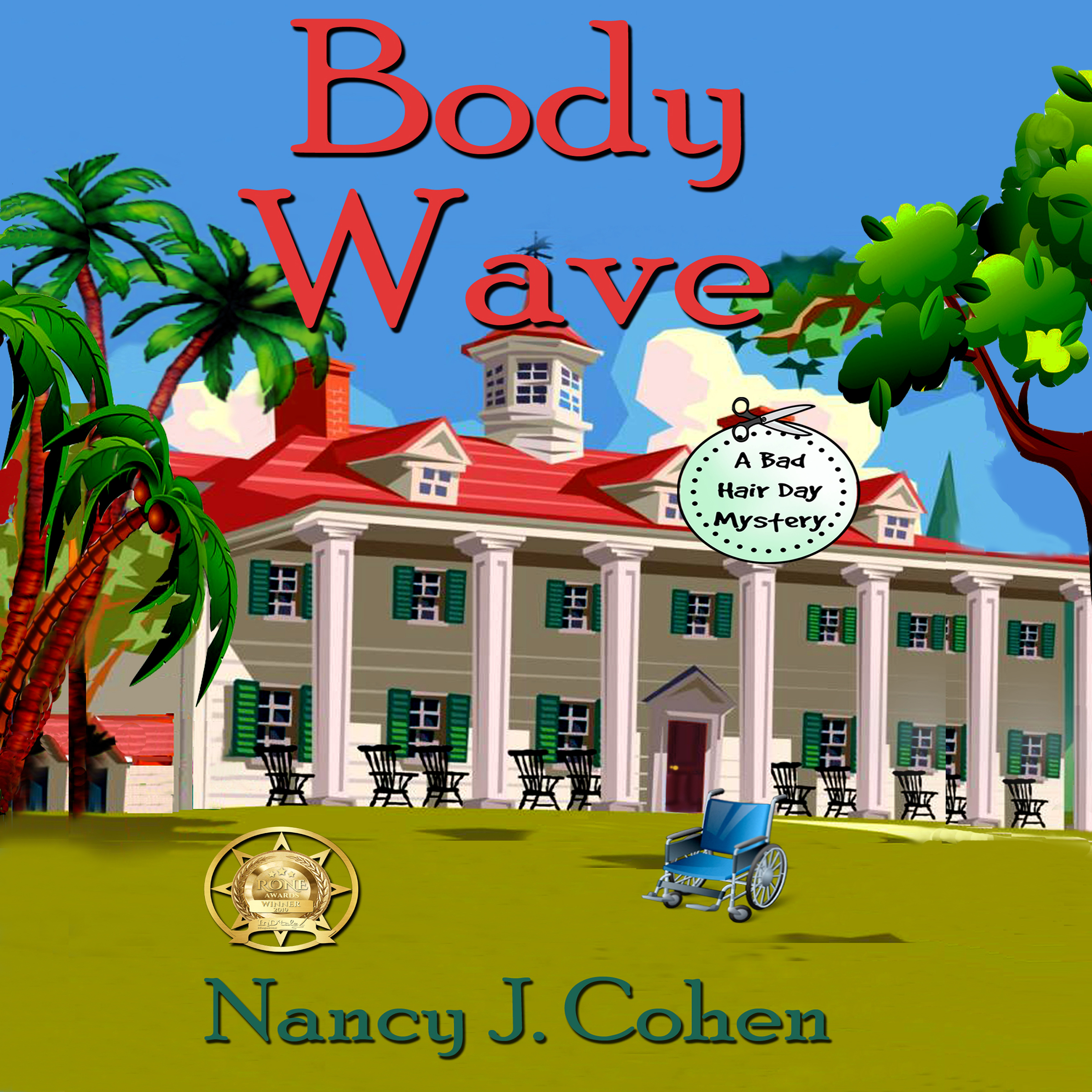Audiobooks with ACX – Optimize Your Novel for Audio
This is part 6 of my series on Audiobooks with ACX. Once I started listening to how my words sounded, I realized what worked and what didn’t. It made me change the way I write. Going forward, I’ll alter my writing with audio production in mind. It’s made a difference in many ways. Here are my tips on optimizing your novel for audio.
Avoid authorial phrases like “assailed her nostrils” or “attacked her senses.” Be more concrete and direct: “The smell of chocolate wafted into her nose.” Descriptions like “his aura of command” could be better written, as can describing food as “sliding down her throat.”
Get Rid of Adverbs
Remove adverbs in phrases such as “I thought irreverently” or “She thought sardonically.” The dialogue should speak for itself.
Don’t begin sentences with any of these words as it sounds awkward: abruptly, quickly, startled, evidently, apparently, depressed, inwardly, ignoring, hoping, wanting.
Be wary of starting sentences with “ing” words or short phrases. These sound awkward when spoken out loud.
Change this: “Focusing on the road ahead, she pondered their conversation.”
To this: “She focused on the road ahead while pondering their conversation.”
Change this:
Smoothing down her jeans, Marla emerged from their car. She wore a corduroy jacket over a pullover sweater, glad for the extra cover when a cool breeze stirred her hair. Fortunately, the cold spells only lasted a few days at a time in South Florida.
To this:
Marla emerged from their car and smoothed down her jeans. She wore a corduroy jacket over a pullover sweater, glad for the extra cover when a cool breeze stirred her hair. At least the cold spells in South Florida only lasted for a few days.
Change this: Inside the lounge, she paused to study the contemporary motif.
To this: She paused inside the lounge to study the contemporary motif.
Avoid stilted dialogue. Make sure that conversations among your characters flow naturally and sound smooth.
Try not to break up passages of dialogue.
Change This:
“Oh no?” Tally heaved a deep sigh. “Maybe he asked them to cover for him. He didn’t invite me to come along this morning.”
To This:
Tally heaved a deep sigh. “Oh no? Maybe he asked them to cover for him. He didn’t invite me to come along this morning.”
Use Facial Expressions Sparingly
His eyes narrowed; her mouth curved in a smile; he pressed his lips together. These can sound unnecessary with dialogue spoken aloud, so evaluate if you really need them. Same for “he nodded” or “She grinned.” Try to qualify these, like “She grinned as though she had something to hide.”
Change this:
“The killer is covering his tracks, but we’ll get him. Or rather, Mallory’s team will have the honors.”
She heard the resentful note in his voice. “You wish this were your case, don’t you?”
His jaw clenched. “Of course I do. Tally and Ken are like family to us.”
To This:
“The killer is covering his tracks, but we’ll get him. Or rather, Mallory’s team will have the honors.”
She heard the resentful note in his voice. “You wish this were your case, don’t you?”
“Of course I do. Tally and Ken are like family to us.”
Identify Speakers
Make sure it’s clear who is speaking. It is okay to stick in a “he said/she said” or an action tag now and then, but don’t overuse them. And yes, your narrator will speak every word aloud in the audio version if you want your book to be Whispersync ready.
Note Character Voices
Mention the person’s voice quality in your character profiles or as you write dialogue. Is it low and throaty? Booming like a radio announcer? A pronounced Southern drawl? A clipped tone? A high-pitched voice? Or perhaps a condescending tone? You’ll need these notes for your narrator when you’re ready to do audio.
Write Shorter Chapters
Each chapter is uploaded separately by your producer to ACX. My fifteen-page average chapters come out to around twenty minutes each. You’ll have shorter listening times with fewer pages per chapter. Hereafter, I’ll aim for chapters that average around ten pages each.
By keeping these tips in mind when revising your next work, your audiobook will sound smoother and won’t jerk the listener out of the story. So add these suggestions to your arsenal of notes on manuscript revisions.
<><><>
Permed to Death audiobook, book #1 in the Bad Hair Day Mysteries, is available at Audible, Amazon, and iTunes. Narrated by Mary Ann Jacobs. Hairstylist Marla Shore is giving grumpy Mrs. Kravitz a perm when her client dies in the shampoo chair. If that isn’t enough to give her a bad hair day, handsome Detective Dalton Vail suspects Marla of poisoning the woman’s coffee creamer. Listen to Sample Clips.
BUY NOW
Audible: http://adbl.co/293g3Lk
iTunes: http://apple.co/299427t
Amazon: http://amzn.to/294EC94
<><><>
Giveaways and Bargains
July 28 TODAY ONLY!
Killer Knots original edition ebook is on sale for $2.99 ONE DAY ONLY

Amazon
Nook
iBooks
Kobo
July 28
Let’s Talk post on “Early Role Playing” at Booklover’s Bench
Body Wave (Bad Hair Day Mystery #4) is on sale for $1.00 at Smashwords until July 31. Use Coupon Code SSW75. Marla the hairstylist goes undercover as a nurse’s aide to help solve the murder of her ex-spouse’s third wife.
July 11- Aug 8

29 Days of Summer – Cozy Mystery Giveaway
Enter to win more 40+ cozy mysteries PLUS a Kindle Fire! Click Here to Enter

























Oh, you are learning so much! Another pitfall to avoid is homophones, like when one of my authors referred to a “cache” of money, which of course sounds like CASH, which is confusing in audio.
Also beware of puns or jokes that rely on the reader seeing the word. One author made fun of a character who was wearing a T-shirt imprinted with “Gandma’s[sic] are special people.” But your listener can’t see that misplaced apostrophe, so the joke falls flat.
And the WORST—I’ve narrated two examples of this—is when, as the LAST LINE in the chapter, your murderer pokes a gun in your detective’s ribs—FROM BEHIND—and says “Drop that package and put your hands up.” I’ve got to read that in the murderer’s voice, right? So I’m going to look ahead & see whether this is the big burly guy speaking, or the petite co-ed, or whoever. Your READER has to wait until the next chapter to find out who’s holding the gun, but I just gave it away to your LISTENERS.
But I disagree with you about NOT noting the tone of voice(…she said thoughtfully…) Unfortunately, this becomes redundant in audio, as you can(she said hopefully) HEAR my tone of voice, but your reader CAN’T hear it, so you’ve gotta tell them. And as you said(she said agreeably), your narrator has to read every word you write, so either your narrator is redundant, or your reader is somewhat in the dark, when the character says some complete non sequitur that you neglected to label as “she said sarcastically.” 🙂
For some of these situations, there’s just no good answer. If you were making a screenplay of your book, it’d be an adaptation, right? You’d cut some of the narration, or maybe put some of it into dialogue. Drat that Whispersync rule, that the versions have to be word-for-word identical. But BECAUSE of that, I think audio listeners are used to hearing author-ish phrases like “assailed her senses” & they may cut you some slack(she said optimistically).
These are great tips; thanks for adding them! Good point made about tone of voice. I suppose we can leave out the qualifier if the tone is evident from the conversation. Otherwise, as you say, the reader may need this noted on the page.